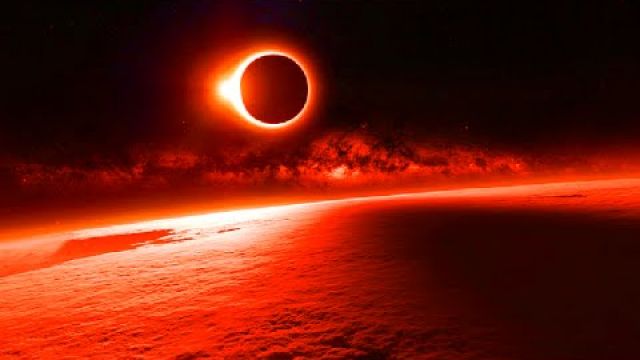SOLAR ECLIPSE/SUPER MOON
154 views
Uploaded by:
Vaughn Carey
•
Category:
General
•
Added on
19 March 2015
Description
Data on Fridays Events. www.BpearthWatch.Com Looking directly at the photosphere of the Sun (the bright disk of the Sun itself), even for just a few seconds, can cause permanent damage to the retina of the eye, because of the intense visible and invisible radiation that the photosphere...
Data on Fridays Events. http://www.BpearthWatch.Com Looking directly at the photosphere of the Sun (the bright disk of the Sun itself), even for just a few seconds, can cause permanent damage to the retina of the eye, because of the intense visible and invisible radiation that the photosphere emits. This damage can result in impairment of vision, up to and including blindness. The retina has no sensitivity to pain, and the effects of retinal damage may not appear for hours, so there is no warning that injury is occurring.[55][56] Under normal conditions, the Sun is so bright that it is difficult to stare at it directly. However, during an eclipse, with so much of the Sun covered, it is easier and more tempting to stare at it. Looking at the Sun during an eclipse is as dangerous as looking at it outside an eclipse, except during the brief period of totality, when the Sun's disk is completely covered (totality occurs only during a total eclipse and only very briefly; it does not occur during a partial or annular eclipse). Viewing the Sun's disk through any kind of optical aid (binoculars, a telescope, or even an optical camera viewfinder) is extremely hazardous and can cause irreversible eye damage within a fraction of a second.[57][58]
